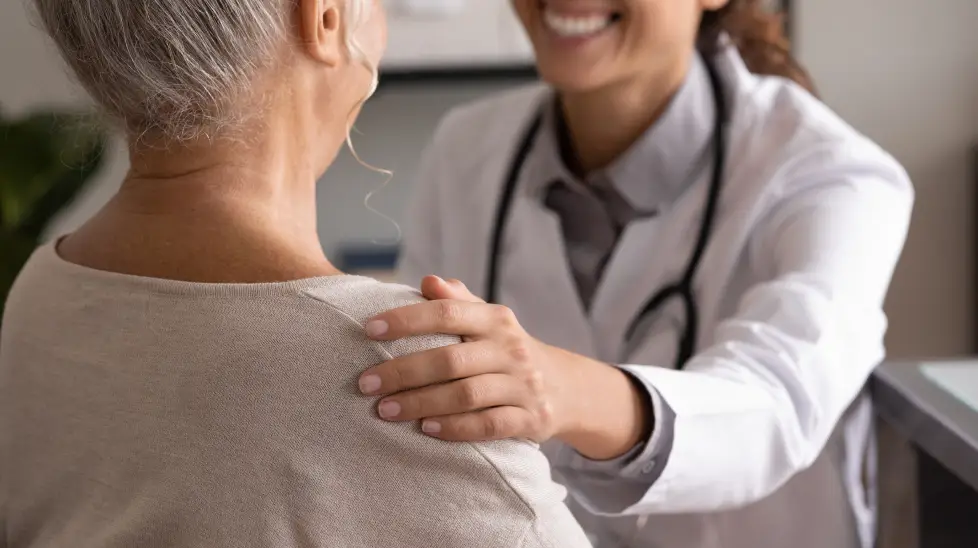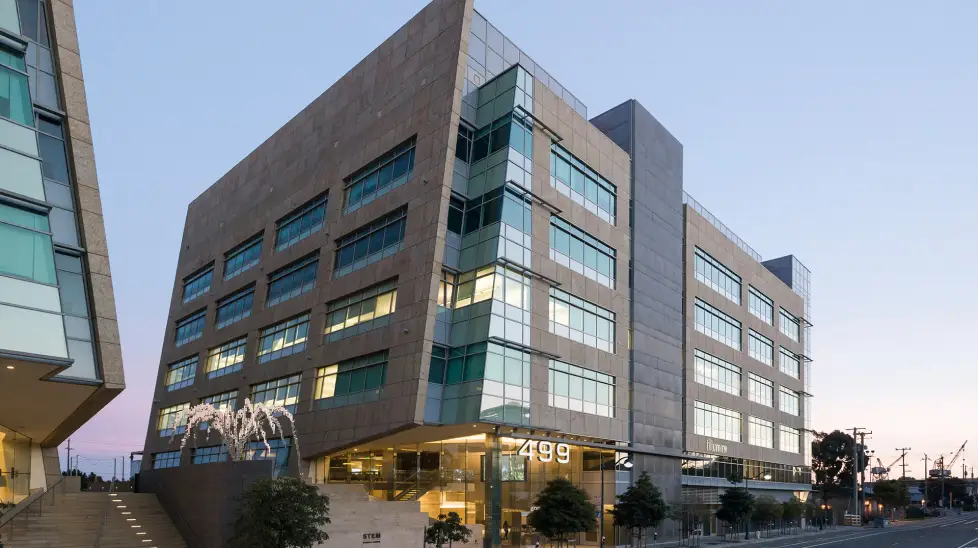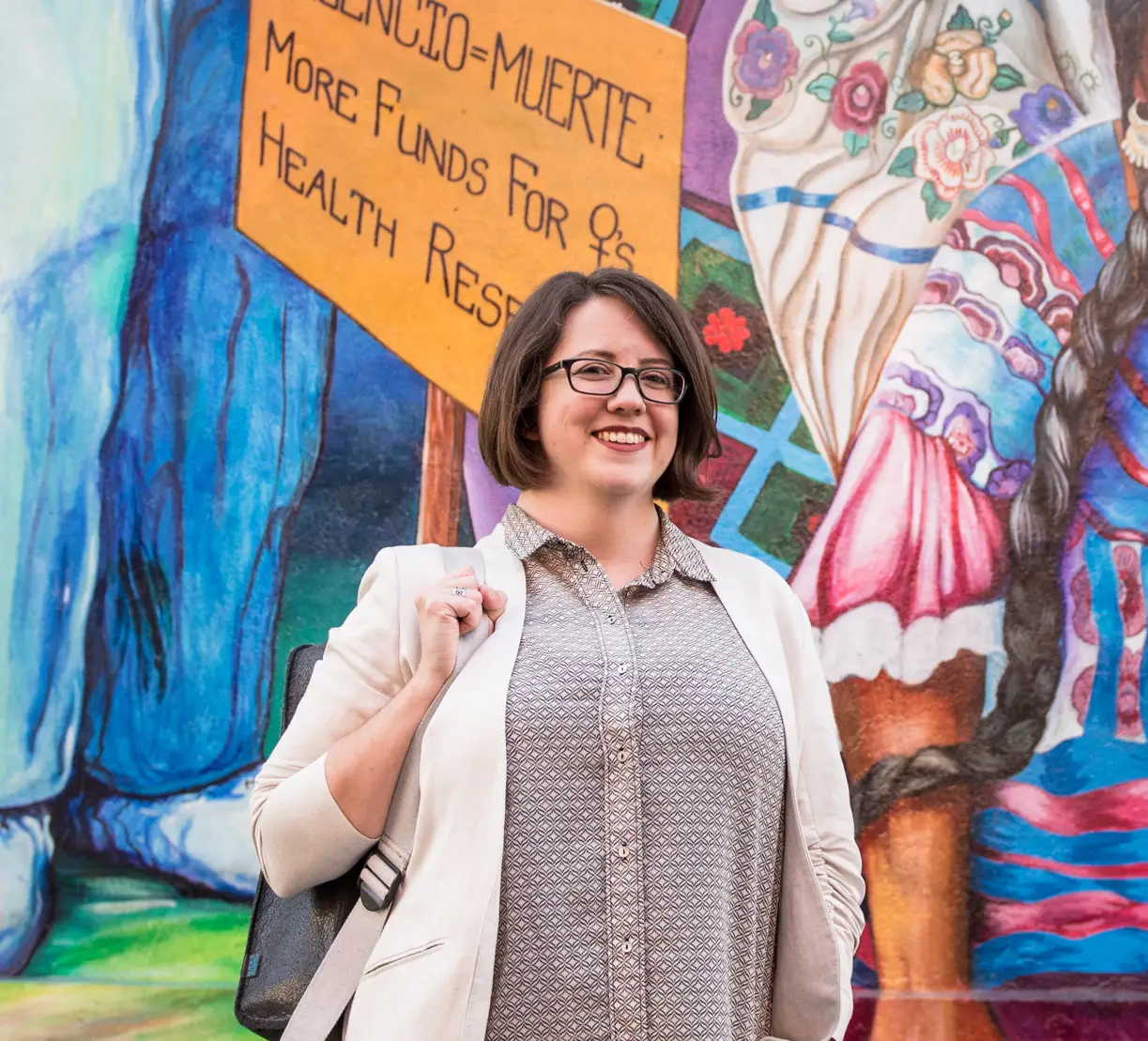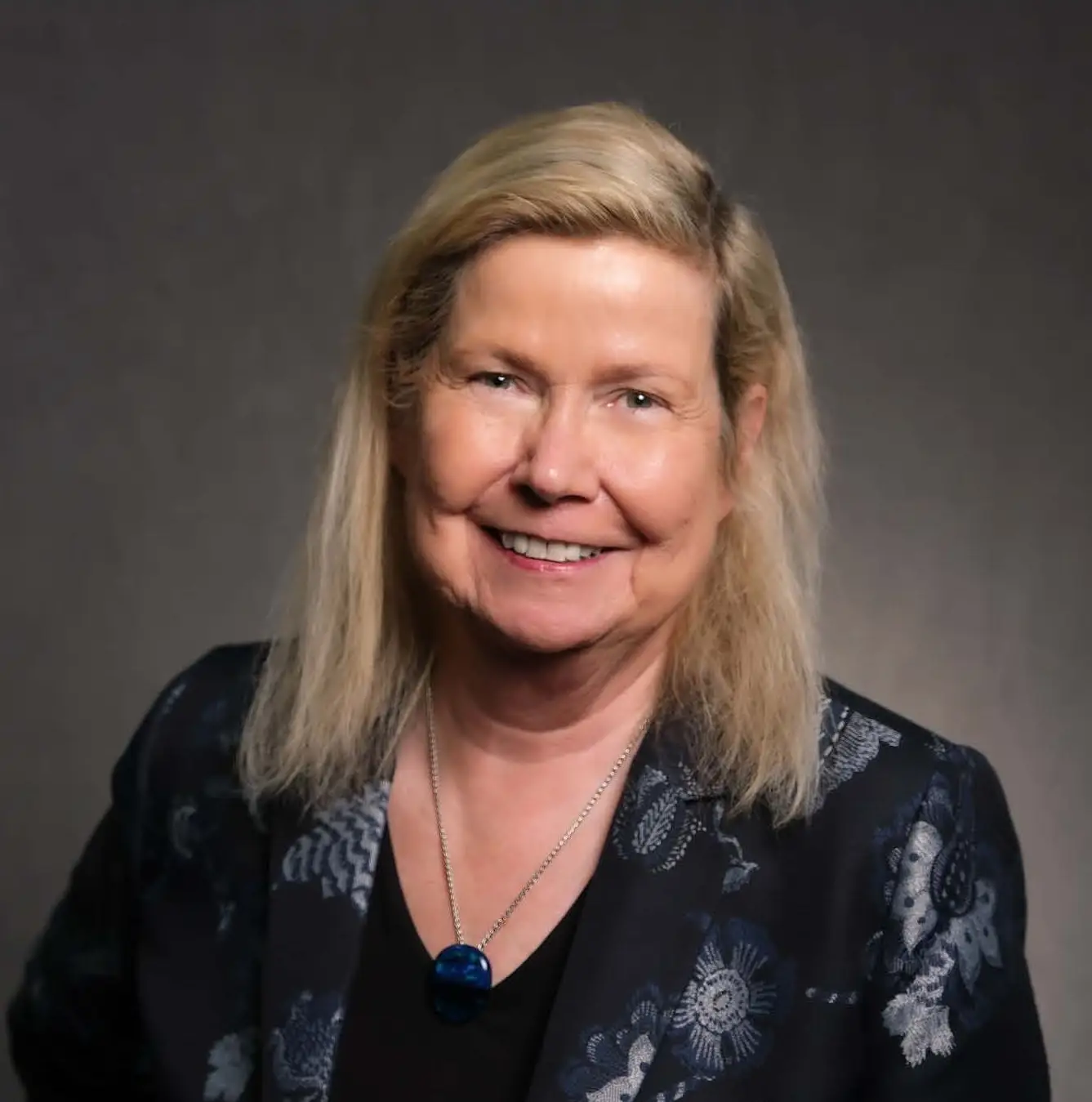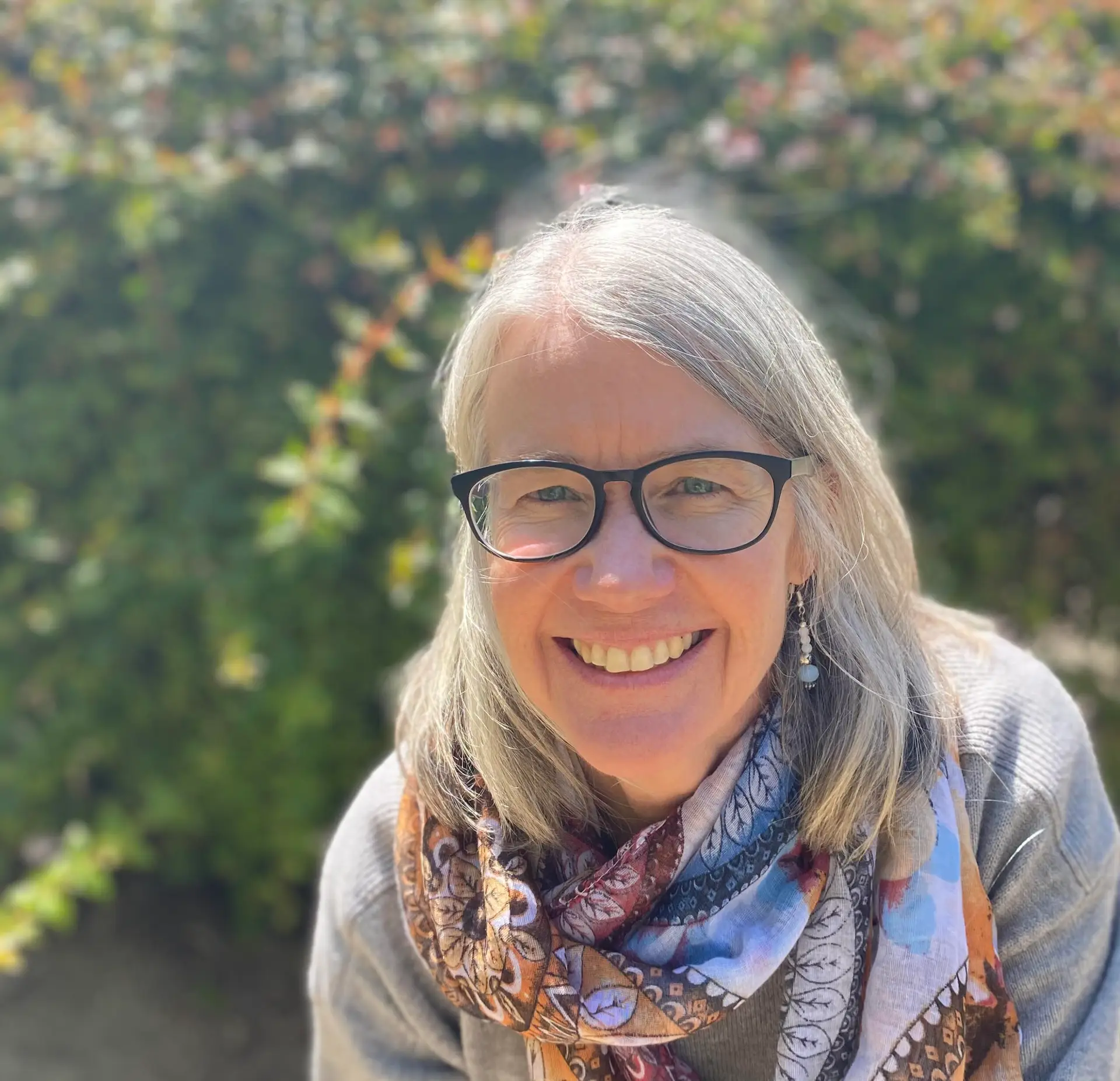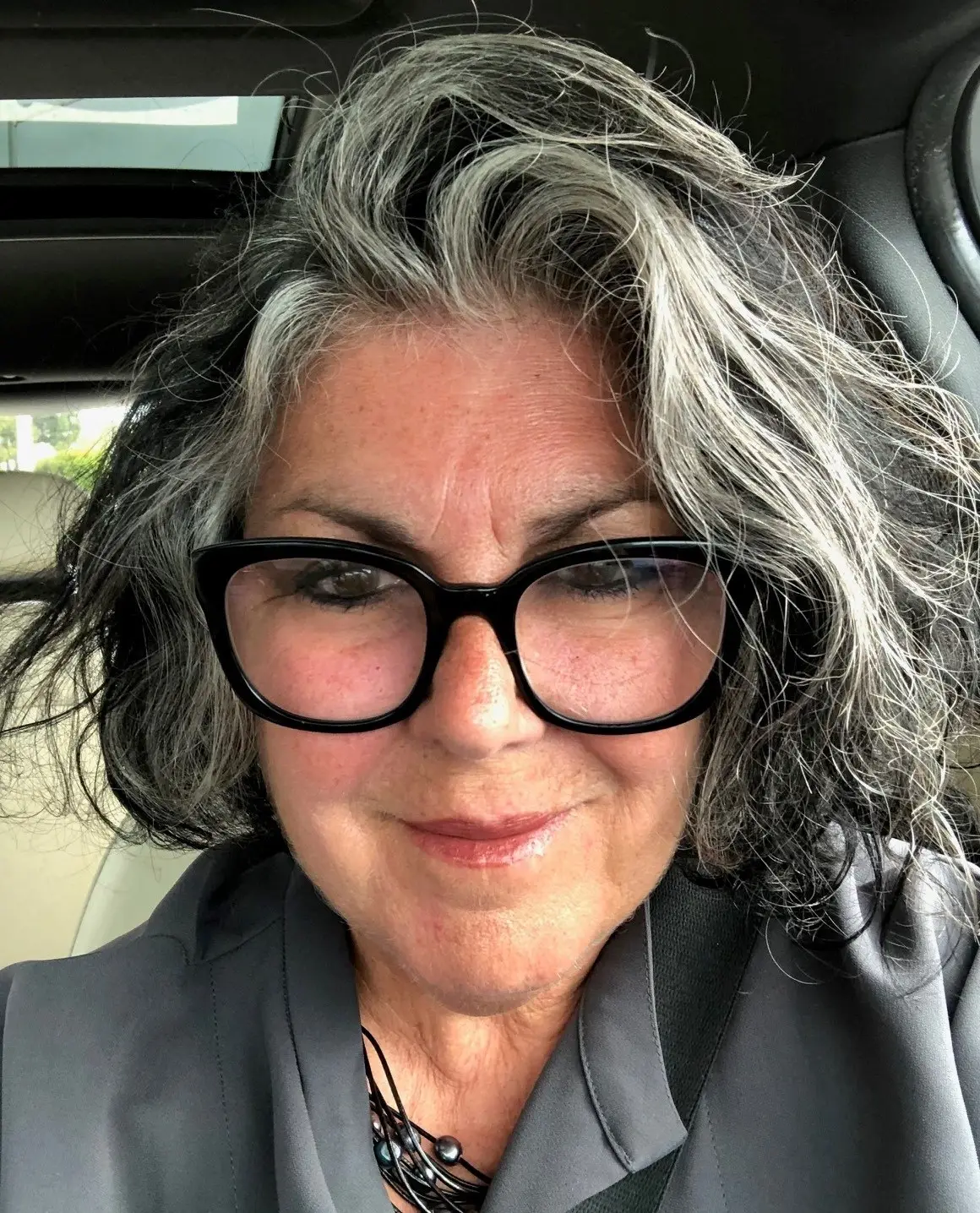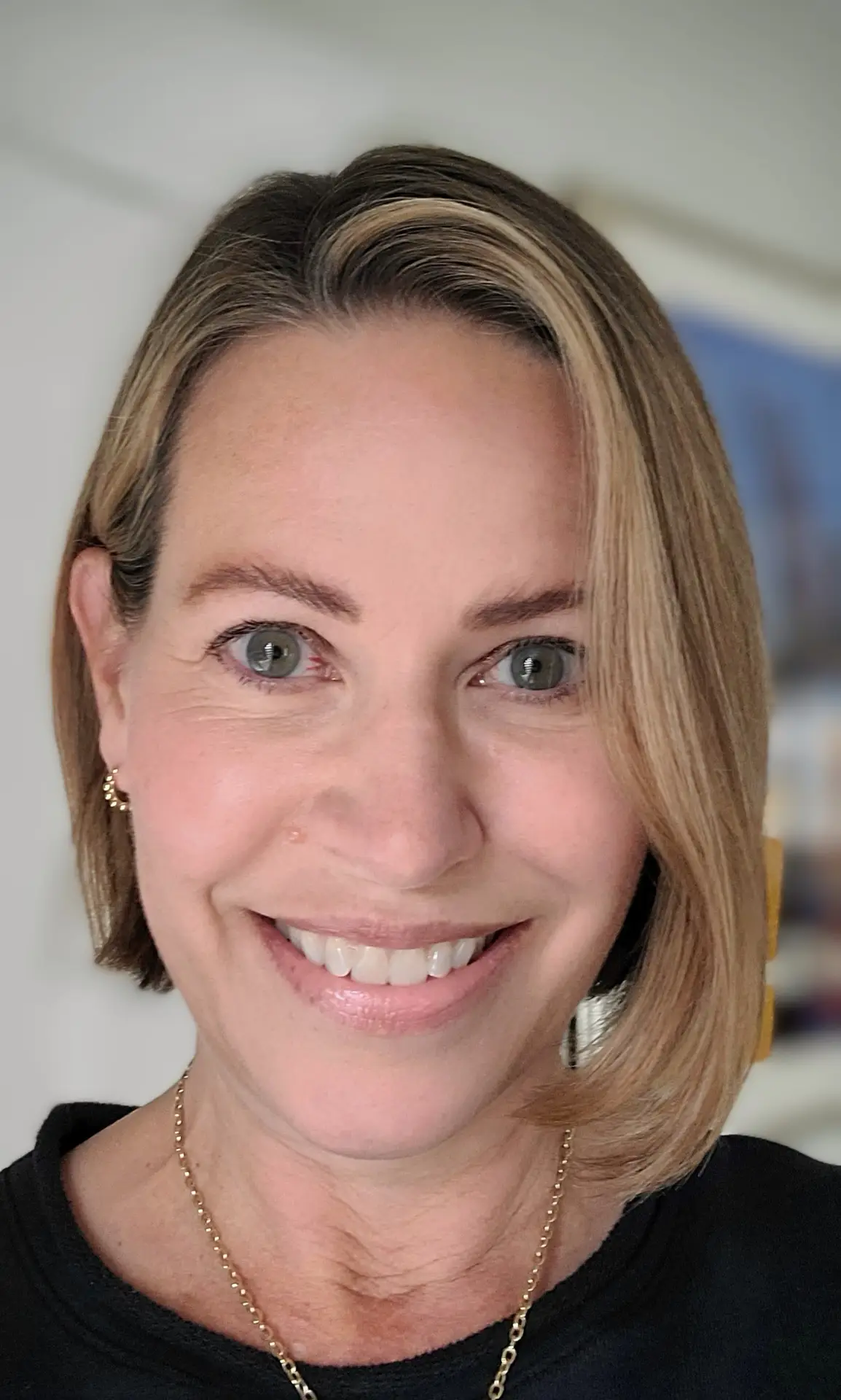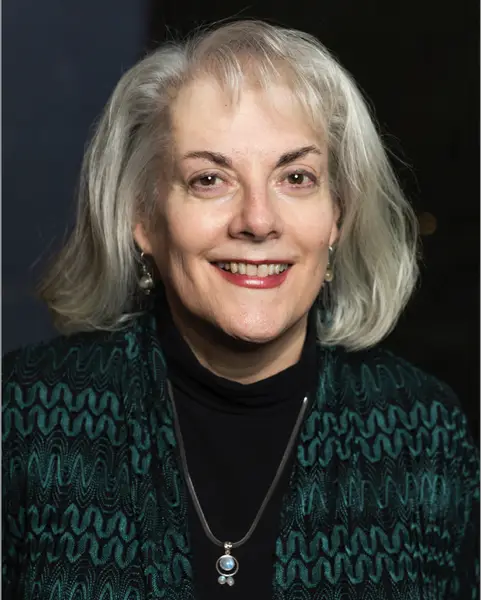Agreement expands efficient, rapid clinical trial of multiple COVID-19 drug candidates simultaneously
In the race to identify safe and effective therapeutic treatments for the sickest COVID-19 patients, the U.S. Department of Health and Human Services and the Department of Defense are engaging a non-profit research organization, Quantum Leap Healthcare Collaborative of San Francisco, on a phase 2 clinical trial that rapidly screens multiple potential drugs simultaneously.
“Through our Operation Warp Speed partnership, we have worked feverishly with private industry to develop and make treatments available to reduce hospitalization, either shortening the length of stay or treating people with mild or moderate COVID-19 infections before they have to be hospitalized,” said Dr. Robert Kadlec, HHS Assistant Secretary for Preparedness and Response. “While we’re making significant progress, treatments to save lives of the sickest patients, such as patients in intensive care or on ventilators, remain an urgent need.”
The Biomedical Advanced Research and Development Authority (BARDA), part of the HHS Office of the Assistant Secretary for Preparedness and Response, collaborated with the Department of Defense Joint Program Executive Office for Chemical, Biological, Radiological and Nuclear Defense on a $66.5 million agreement with Quantum Leap Healthcare Collaborative to add three investigational treatments to the research organization’s platform clinical trial. The agreement also doubles the number of sites where the organization is conducting their platform clinical trial, growing from 20 to 40 locations in the United States.
A platform clinical trial uses the same protocol as a traditional clinical trial with a group of volunteers receiving either a placebo or an experimental product; but with a platform clinical trial, volunteers could receive one of several products being studied. Quantum Leap Healthcare Collaborative is using the approach for screening, with data reviewed frequently to eliminate ineffective treatments quickly and to move promising treatments quickly into later-stage clinical trials.
Candidate therapeutics will be assessed by a panel of federal and academic experts to determine eligibility for inclusion in the trial. Promising results could position those potential treatments for late-stage clinical trials with private sector or inclusion in the ACTIVclinical trials led by the National Institutes of Health.
Candidates will be selected that target the body’s response to the virus, known as host-targeted treatments, for the sickest patients. Other criteria include: the candidate’s development stage; the safety and efficacy data available to-date; available supply of the drug; realistic expectation that emergency use authorization could be granted during the current pandemic; and manufacturing capability that could get promising treatments to patients quickly.
The single platform clinical trial approach is less costly and more efficient than traditional multiple clinical trials of a single drug candidate. The approach also allows researchers to compare the drug candidates head-to-head to identify which ones would be best for specific conditions or could be useful in combination. Such information would aid healthcare providers in making decisions about patient treatment.
About Operation Warp Speed (OWS):
OWS is a partnership among components of the Department of Health and Human Services and the Department of Defense, engaging with private firms and other federal agencies, and coordinating among existing HHS-wide efforts to accelerate the development, manufacturing, and distribution of COVID-19 vaccines, therapeutics, and diagnostics.
About HHS, ASPR, and BARDA:
HHS works to enhance and protect the health and well-being of all Americans, providing for effective health and human services and fostering advances in medicine, public health, and social services. The mission of ASPR is to save lives and protect Americans from 21st century health security threats. Within ASPR, BARDA invests in the innovation, advanced research and development, acquisition, and manufacturing of medical countermeasures (MCMs) – vaccines, drugs, therapeutics, diagnostic tools, and non-pharmaceutical products needed to combat health security threats. To date, BARDA-supported MCMs have achieved 56 FDA approvals, licensures or clearances. For more on BARDA’s portfolio for COVID-19 diagnostics, vaccines and treatments and about partnering with BARDA, visit medicalcountermeasures.gov. To learn more about federal support for the all-of-America COVID-19 response, visit coronavirus.gov.
About the JPEO-CBRND:
The Joint Program Executive Office for Chemical, Biological, Radiological and Nuclear Defense (JPEO-CBRND) protects the Joint Force by providing MCMs and defense equipment against chemical, biological, radiological and nuclear (CBRN) threats. JPEO-CBRND’s goal is to enable the Joint Force to fight and win unencumbered by a CBRN environment. JPEO-CBRND facilitates the rapid response, advanced development, manufacturing and acquisition of medical solutions, such as vaccines, therapeutics, and diagnostics, to combat CBRN and emerging threats such as COVID-19. To learn more about JPEO-CBRND’s COVID-19 response, visit https://www.jpeocbrnd.osd.mil/coronavirus or follow JPEO-CBRND on social media at @JPEOCBRND
Twitter
Instagram
LinkedIn
Newsroom
For more information, email karyn.digiorgio@www.quantumleaphealth.org



